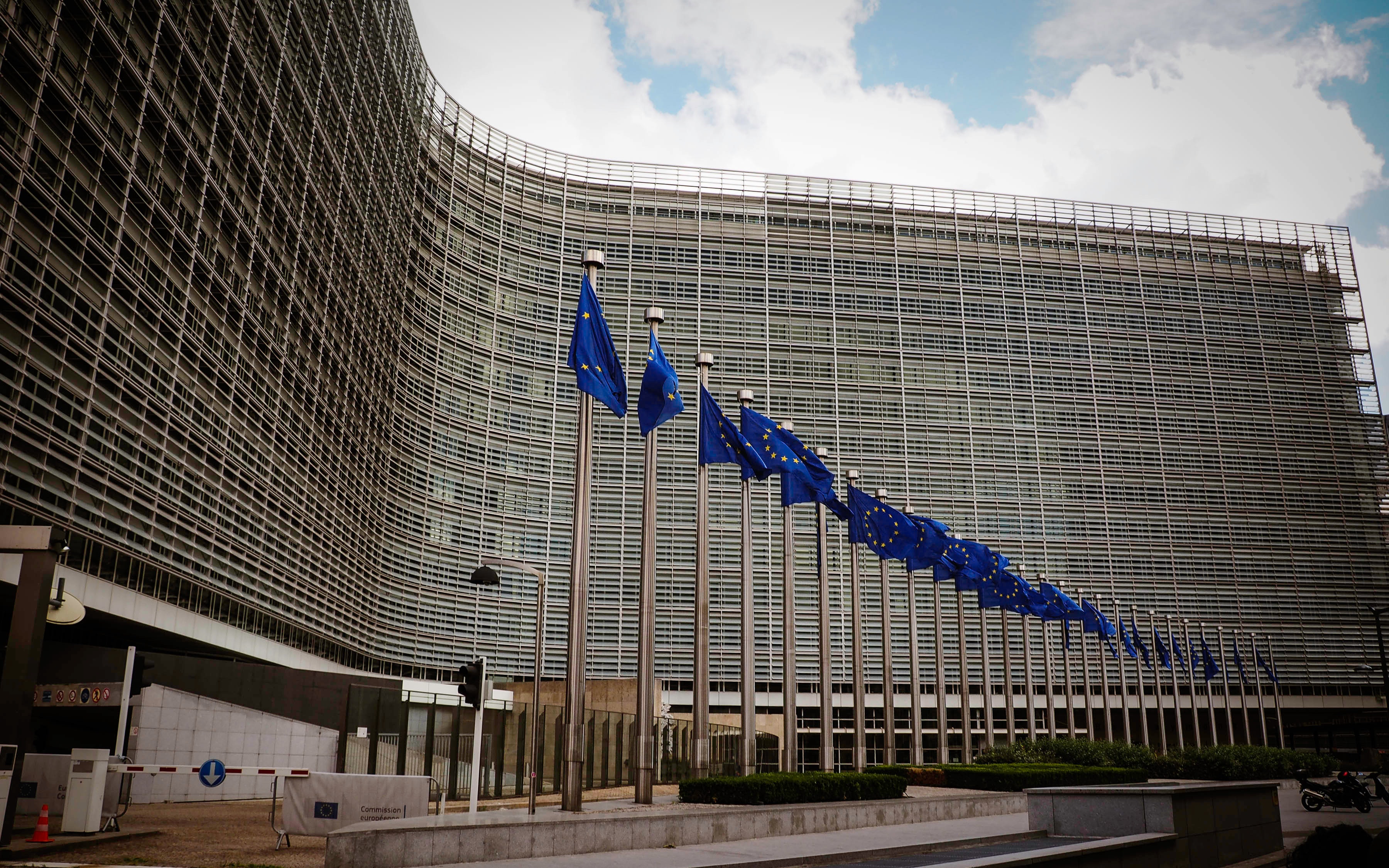EU seeks to bring order to confusing COVID-era travel
The European Union adopted on Tuesday a "traffic light" system to guide member states whether to require COVID-19 testing or quarantines for non-essential EU travellers such as tourists. A meeting of European affairs ministers approved the recommendation, which aims to end a confusing patchwork of restrictions and to restore free movement - a cherished principle in the 27-member bloc - when conditions allow.

- Country:
- Belgium
The European Union adopted on Tuesday a "traffic light" system to guide member states whether to require COVID-19 testing or quarantines for non-essential EU travellers such as tourists.
A meeting of European affairs ministers approved the recommendation, which aims to end a confusing patchwork of restrictions and to restore free movement - a cherished principle in the 27-member bloc - when conditions allow. With cases spiking across Europe, only a few areas would currently qualify for the lowest-risk "green" band allowing unrestricted travel. They include most of eastern Germany, parts of the Nordic and Baltic countries, some areas of Bulgaria and Greece, and one zone in Italy.
EU nations will be encouraged to apply "proportionate" measures for medium-risk orange and high-risk red zones, which could include a quarantine or a test but not a blanket bar on entry. The 27 nations are to supply data to the European Centre for Disease Prevention and Control on numbers of new cases per 100,000 people in the past 14 days, plus numbers of tests and percentage of positive tests in the past week. The agency will then produce a colour-coded map.
Though individual EU countries are free to determine their own measures, they are urged to be consistent. "We welcome this agreement to bring more order to a currently confusing situation," the European Commission said in a statement.
(This story has not been edited by Devdiscourse staff and is auto-generated from a syndicated feed.)










